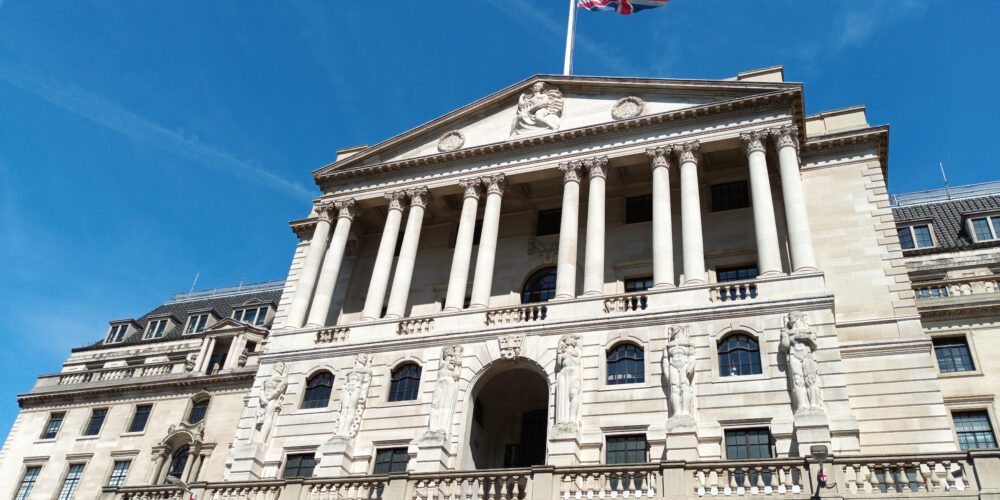Tether has once again made headlines by freezing $85,877 in USDt connected to stolen assets, marking a significant episode in its ongoing collaboration with law enforcement. This move not only underscores Tether’s expanding role in the world of crypto compliance but also rekindles the contentious debate surrounding centralized issuance and its implications on the principles of decentralization within the cryptocurrency community.
Freeze Details and Historical Context
Tether’s recent freeze targeted specific funds linked to illicit activities, showcasing the company’s capability to intervene at the smart contract level. This strategy forms a crucial part of Tether’s historic commitment to combat financial crime. Since its inception, Tether has frozen over $2.7 billion of USDt tied to criminal actions, a staggering figure that highlights the scale of illicit transactions in the crypto space.
In total, Tether has blocked more than 2,090 wallets, all in cooperation with global law enforcement agencies. This proactive stance not only aims to safeguard the integrity of the cryptocurrency ecosystem but also aligns with broader regulatory expectations. As the digital landscape evolves, so does Tether’s strategy, reflecting the demands for greater accountability and responsibility within the industry.
Notable Compliance Actions
Tether’s actions are not isolated incidents but part of a larger trend towards increased compliance and law enforcement collaborations in the crypto world. Noteworthy freezes include a staggering $225 million linked to “pig butchering” scams that devastated numerous victims across Southeast Asia, executed in coordination with the U.S. Department of Justice and Secret Service in November 2023. This freeze exemplifies Tether’s effort to not only respond to incidents but to take preemptive measures against emerging threats.
Another prominent instance occurred in June 2025 when Tether froze $700 million across 112 wallets linked to Iranian entities, thus enforcing U.S. sanctions amid escalating geopolitical tensions. With over 255 law enforcement agencies from 55 jurisdictions collaborating with Tether, the company’s actions position it at the forefront of the fight against cybercrime and financial fraud.
Centralized Control Debate
The considerable power wielded by Tether has ignited critical discussions about centralized control. CEO Paolo Ardoino stated,
“Tether’s ability to track transactions and freeze USDt linked to illicit activity sets it apart from traditional fiat and decentralized assets. We take our responsibility to combat financial crime seriously and will continue working closely with global law enforcement agencies.”
However, this centralized oversight raises questions among crypto enthusiasts about the essence of decentralized finance.
Critics have drawn parallels between Tether’s practices and the emerging models of Central Bank Digital Currencies (CBDCs). One user on X (formerly Twitter) provocatively questioned,
“Can anybody explain how this isn’t exactly what a CBDC is?”
Despite the pushback, some community members see merit in Tether’s approach, with one user noting,
“Centralized control has its moments. In this case, the quick response from Tether here saved $85k from disappearing into the void.”
This poignant debate taps into the tension between the need for swift action against financial crimes and the unwavering ethos of cryptocurrency sovereignty.
Industry Implications
The role of stablecoins like Tether in the financial landscape is evolving, transforming from merely serving as digital dollars to operating as instruments of financial enforcement. As Tether and others assert control, the fundamental principles of decentralization face unprecedented challenges, forcing the community to reconsider what it truly means to be part of a cryptocurrency network.
As Tether continues to position itself as a compliance enforcer within the crypto realm, the contrast with permissionless cryptocurrencies like Bitcoin becomes stark. This shift raises enduring questions about future regulatory frameworks and the potential compromise of decentralization in the face of burgeoning illicit activities within the sector. The industry must grapple with the balance between safeguarding users and adhering to the core values that fueled the cryptocurrency revolution.
Paving the Future with Crypto Collaboration
As the cryptocurrency landscape continues to evolve, Tether’s recent actions represent both a necessity for compliance and a challenge to the foundational tenets of decentralization. The increasing collaboration between crypto firms and law enforcement is likely to shape the regulatory future of the industry significantly. Looking ahead, the broader crypto community will need to engage thoughtfully with these developments, ensuring a balance between security and the pursuit of a truly decentralised financial ecosystem.





